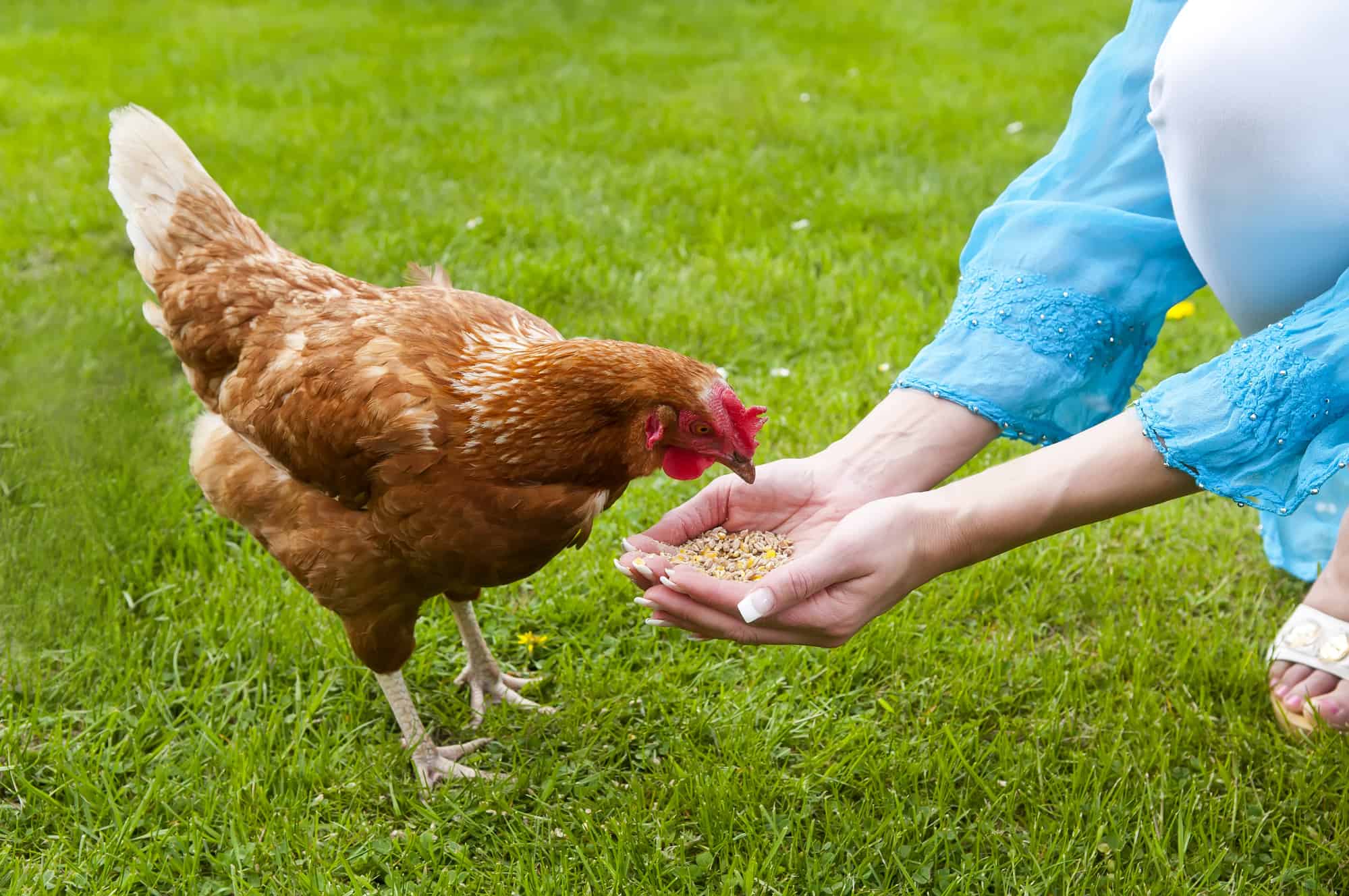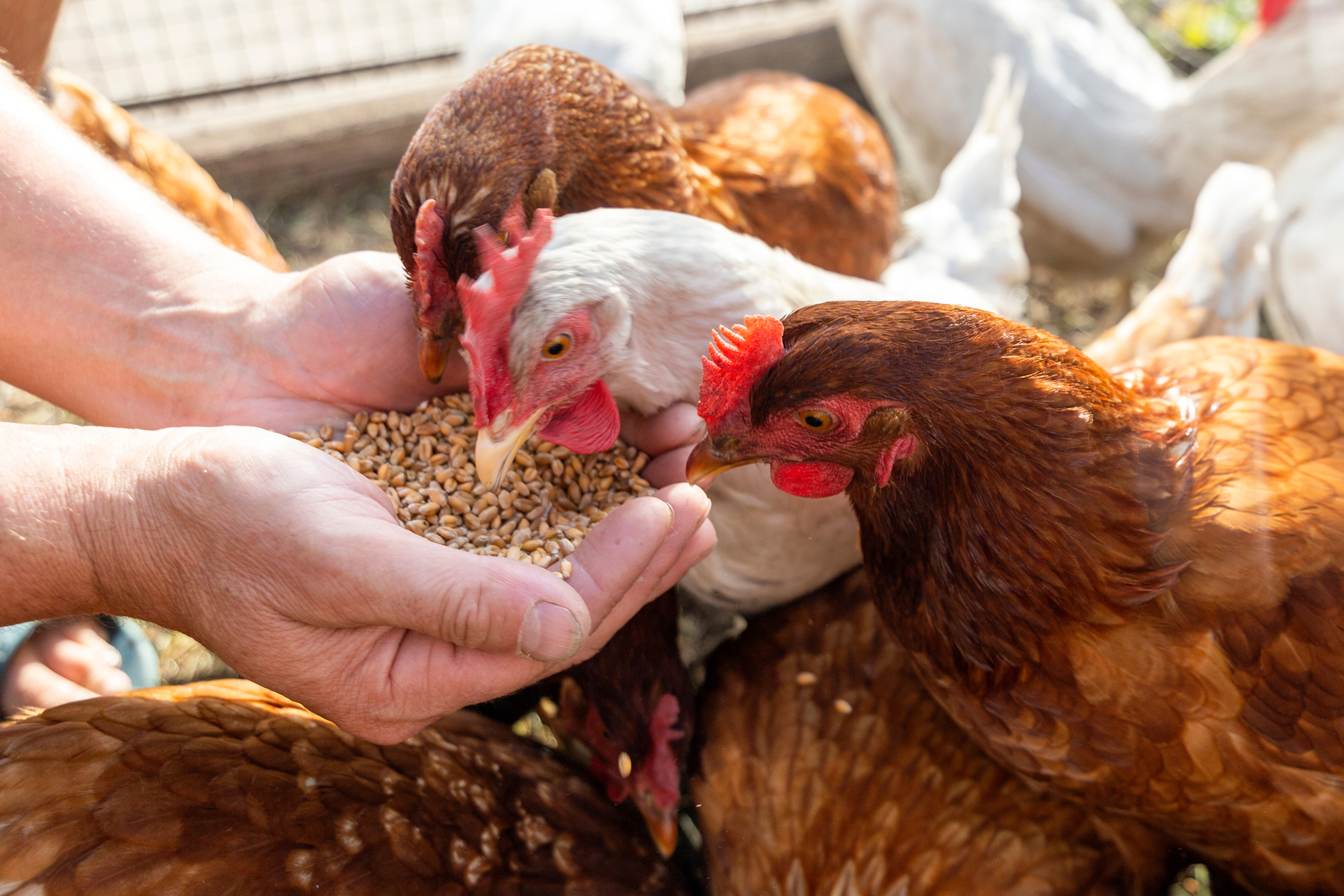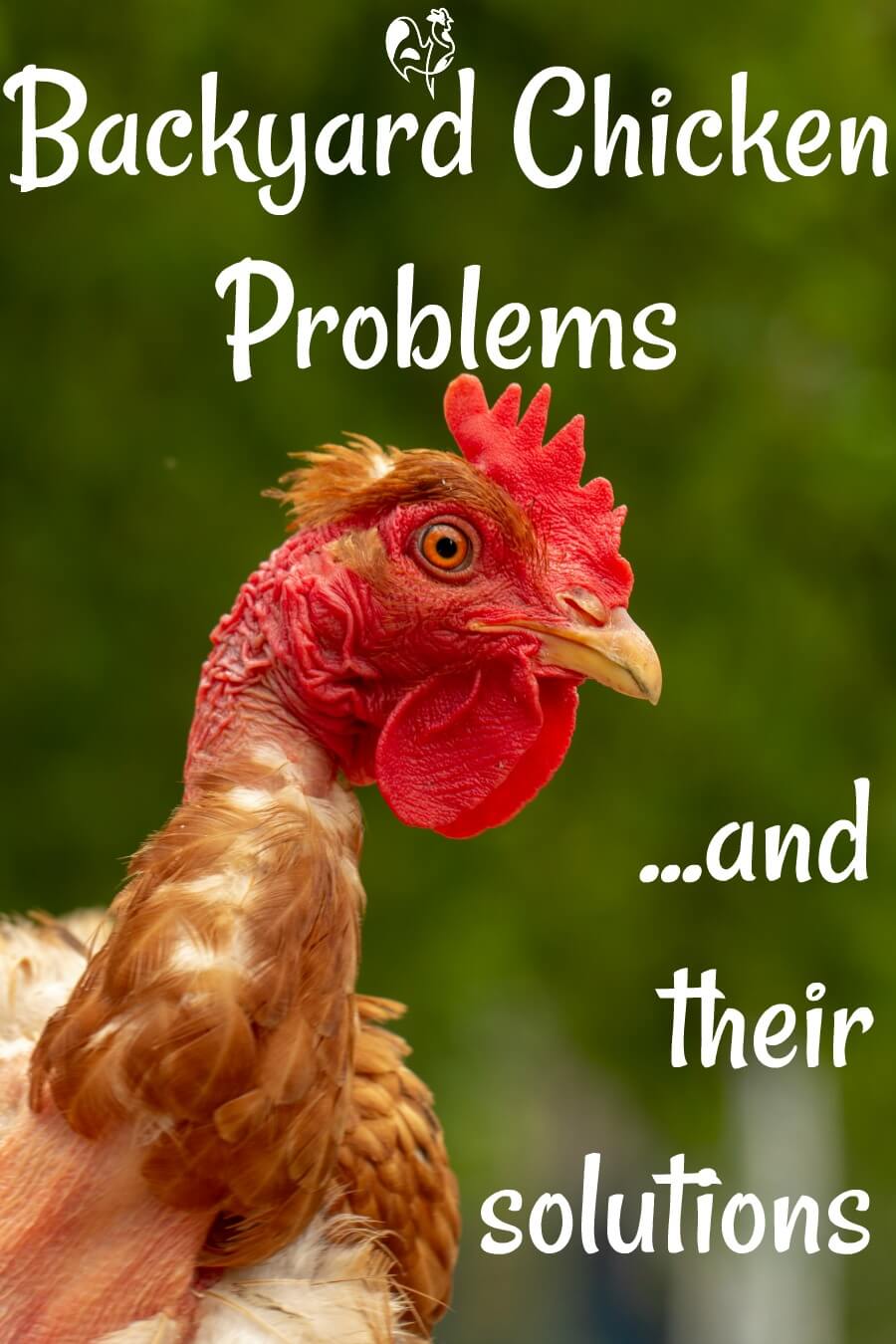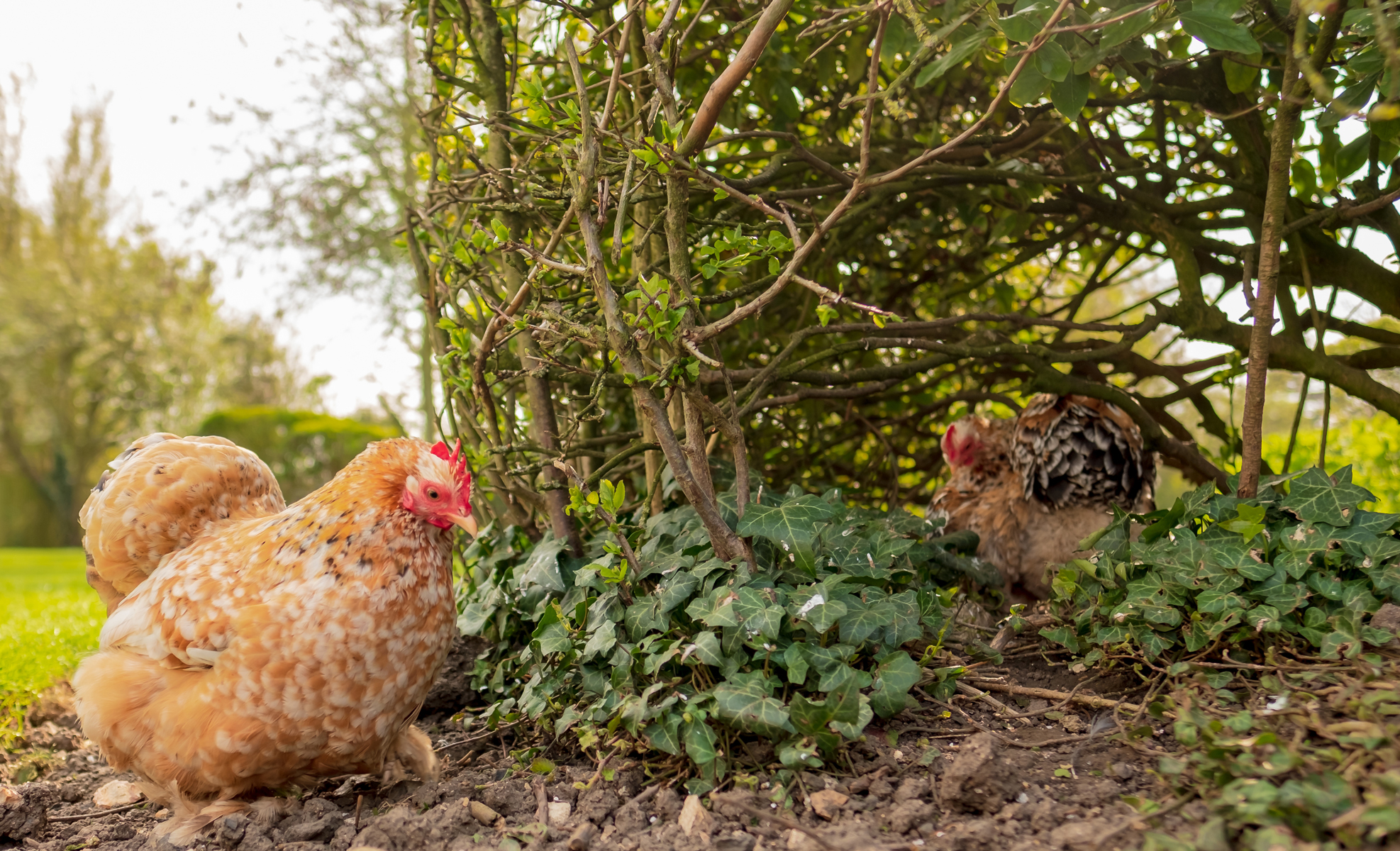Chicken husbandry can be an effective way to reduce the phenomenon of “chicken eat chicken,” the common phenomenon of large companies undercutting smaller companies in order to gain market share. By taking a sustainable and responsible approach to chicken production, farmers can help ensure that small businesses in the poultry industry are able to thrive and compete. This article outlines the various ways in which chicken husbandry can help reduce the “chicken eat chicken” phenomenon.
Causes of “Chicken Eat Chicken”

The phenomenon of “Chicken Eat Chicken” is a result of animal husbandry practices. It is caused by a combination of factors including overcrowding, poor nutrition, and lack of knowledge about proper animal care.
- Overcrowding: Chickens are social animals and need some space to move around and interact with each other. When chickens are kept in cramped conditions, it can lead to overcrowding, making them more prone to fighting and cannibalism.
- Poor Nutrition: Poor nutrition can lead to chickens becoming malnourished, which can result in them being more aggressive and cannibalistic.
- Lack of Knowledge: People who are new to chicken husbandry may not be aware of the risks associated with overcrowding and poor nutrition. Without proper education, they may not take the necessary steps to reduce the chances of “Chicken Eat Chicken”.
By understanding the factors that cause “Chicken Eat Chicken”, we can work to prevent this phenomenon and create a better environment for chickens. Through proper husbandry, adequate nutrition and space, we can ensure that chickens are kept in a healthy and safe environment.
Benefits of Chicken Husbandry

- Chicken husbandry is a sustainable way to manage chickens and their byproducts. It is a cost-effective solution for reducing the amount of ‘Chicken Eat Chicken’ phenomenon.
- It allows farmers to produce a larger amount of eggs, meat, and other products, while reducing their costs and improving their profits.
- It helps to increase the quality and quantity of eggs, meat, and other products, while maintaining the health of the chickens.
- It provides an opportunity for farmers to make use of their natural environment and resources for raising chickens.
- It helps to reduce the amount of waste produced from chicken farming and conserve natural resources.
- It helps to ensure the welfare of chickens and ensure that they are being raised humanely.
- Chicken husbandry also helps to promote animal health and reduce the spread of diseases.
- It provides an opportunity to create a more sustainable and humane food system, while reducing the amount of ‘Chicken Eat Chicken’ phenomenon.
How Chicken Husbandry Can Help Reduce “Chicken Eat Chicken”

Feeding
Can you feed a chicken chicken? No, it is not recommended to feed chicken their own kind. Proper nutrition is essential to prevent “chicken eat chicken” behavior. The feed should be supplemented with minerals and vitamins to ensure the chickens get the nutrients they need. The amount of feed should also be monitored to prevent over-consumption and waste.
Housing
The housing of chickens should be designed to provide enough space to move around and reduce overcrowding. This will prevent aggressive behavior and reduce the chances of “chicken eat chicken”. The housing should also be kept clean and dry to prevent disease and parasites from spreading.
Environment
The environment should be monitored to ensure it is suitable for chickens. The temperature should be kept at a comfortable level for the chickens, and the humidity should be regulated to prevent stress and illnesses.
Health Care
Proper health care is essential to prevent “chicken eat chicken” behavior. The chickens should be vaccinated regularly to prevent infections and parasites. Regular veterinary check-ups are also recommended to ensure the chickens are healthy and free from diseases. Additionally, the chickens should be monitored for any behavioral changes that may indicate an underlying health problem.
Challenges of Chicken Husbandry

- Disease and pests: Keeping chickens healthy requires diligent attention to disease and pest control. A variety of parasites, bacteria, and fungi can quickly spread from chicken to chicken, resulting in sick, weak, or dead birds.
- Nutrition: Chickens require a balanced diet to maintain good health and lay plenty of eggs. If a diet is inadequate or consists of too many treats, chickens can become ill or suffer from poor feathering and egg production.
- Predators: Predators such as cats, dogs, raccoons, hawks, and other animals can be a major problem for chicken owners. Fences and other barriers must be constructed to keep these animals away from the chickens’ living area.
- Environmental conditions: To remain healthy, chickens need dry, clean, and well-ventilated living quarters. Extreme temperatures and excessive moisture can lead to illness and poor egg production.
- Crowding: Keeping chickens in overcrowded conditions can lead to disease, injury, and poor egg production. To keep chickens healthy, they should be kept in a space that provides enough space for them to move around, scratch, and dustbathe.
Strategies to Overcome Challenges of Chicken Husbandry

| Challenge | Strategy |
|---|---|
| Vaccination | In order to prevent poultry diseases, it is important to ensure that the chickens are vaccinated regularly. Vaccinating the chickens on a timely basis will help reduce the chances of an outbreak of diseases. |
| Parasites Control | Regularly monitoring and treating poultry for parasites is important in order to keep the chickens healthy. This can be done by using appropriate treatments such as sprays, dips and dusts. |
| Nutritional Balance | Providing a balanced diet is essential for the health of chickens. It is important to provide the chickens with a balanced diet that is rich in vitamins, minerals and other nutrients. |
| Housing and Environmental Conditions | Maintaining a clean, dry and well-ventilated environment is essential for the health of chickens. It is important to ensure that the chickens are kept in spacious, sanitary and comfortable housing that is conducive to the health of the chickens. |
| Hygiene | It is important to ensure that the chicken coop and surrounding areas are kept clean and free of pests, rodents and other contaminants. Regular cleaning and disinfecting of the coop and surrounding areas can help to reduce the risk of diseases and parasites. |
| Predator Control | It is important to protect the chickens from predators such as foxes, raccoons and hawks. This can be done by erecting a fence around the chicken coop and using scarecrows and other deterrents to keep predators away. |
Chicken husbandry is a challenging task but with proper planning and management, the challenges can be overcome. Vaccination, parasite control, nutritional balance, housing and environmental conditions, hygiene, and predator control are all important strategies that can help reduce the risk of diseases and other problems that can arise from chicken husbandry. Following these strategies can help to ensure that the chickens are healthy and well cared for, and thus reduce the phenomenon of “chicken eat chicken”.
Examples of Successful Chicken Husbandry
| Country | Year | Description |
|---|---|---|
| India | 2013 | A successful project in Karnataka, India, in 2013, saw the implementation of a new chicken husbandry model. The project trained farmers in the basics of raising chickens and provided the necessary resources to help them construct and maintain poultry farms. |
| Uganda | 2015 | In 2015, a project in Uganda saw the introduction of a new chicken husbandry model. This model provided training in disease control, nutrition, and flock management, as well as access to resources needed to build and maintain poultry farms. |
| Malawi | 2016 | In 2016, a project in Malawi was launched to promote sustainable chicken husbandry. This project provided training in poultry health, nutrition, and flock management. It also provided resources to construct and maintain poultry farms. |
These successful projects demonstrate how chicken husbandry can help reduce the phenomenon of ‘chicken eat chicken’ by providing farmers with the necessary resources and training to raise healthy chickens for food or for sale. It also helps to create a sustainable source of income for those involved in the practice, thus reducing the need to resort to poaching or illegal hunting of wild birds.
Frequently Asked Questions
What is Chicken Husbandry?
Chicken husbandry is the practice of raising and caring for chickens, such as providing food and water, building shelters, and preventing disease. It also includes breeding chickens, selecting birds with desirable traits, and monitoring the health and welfare of the chickens. In addition to providing eggs or meat, chicken husbandry can help reduce the phenomenon of “chicken eat chicken,” which is when smaller chickens are eaten by larger chickens in a confined space.
What is the ‘Chicken Eat Chicken’ phenomenon?
- Chicken eat chicken is a phenomenon that occurs when adult chickens within a flock begin to eat the eggs and chicks of other chickens in the flock.
- It is a natural behavior which is often seen in a flock of chickens when resources become scarce.
- The adult chickens become aggressive and will kill and eat the chicks and eggs of other chickens in an attempt to survive.
- It is a serious problem for commercial chicken farmers, as it causes a decrease in egg production and a decrease in the number of chicks that are able to hatch.
What Role Can Chicken Husbandry Play in Reducing this Phenomenon?
- Increasing the Efficiency of Chicken Husbandry: Proper husbandry techniques can help increase the efficiency of chicken production, resulting in fewer chickens being raised and slaughtered, thus reducing the amount of “chicken eat chicken”. This may include things such as proper nutrition and improved genetics.
- Improving Chicken Welfare: Chicken husbandry can also help improve the welfare of chickens, including providing adequate living space and access to natural sunlight. This can help reduce the number of chickens that are slaughtered for food, thereby reducing the phenomenon of “chicken eat chicken”.
- Reducing Chicken Waste: Proper husbandry techniques can also help reduce the amount of chicken waste produced, which can in turn help reduce the amount of “chicken eat chicken”. This may include things such as proper feed management and the use of proper sanitation practices.
- Encouraging Sustainable Practices: Chicken husbandry can also help promote sustainable practices, such as the use of organic feed and the reduction of water usage. This can help reduce the amount of “chicken eat chicken” and help promote a more sustainable food system.
Are There Any Other Effective Methods to Reduce ‘Chicken Eat Chicken’?
Other methods to reduce ‘Chicken Eat Chicken’ include providing adequate space to chickens, setting up separate coops for males and females, and providing adequate feed and water. Additionally, stocking chickens of the same breed, age and size can reduce the severity of this phenomenon. Finally, regularly monitoring the health of the flock and keeping records of bird mortality can help detect and diagnose any potential issues and minimize their impact.
What are the Advantages of Chicken Husbandry Compared to Other Methods?
- Reduced Risk of Contamination: Chicken husbandry practices reduce the risk of contamination by keeping animals in sanitary conditions and using proper cleaning and disinfection protocols. This helps to reduce the spread of diseases and keep the chickens healthy.
- Cost-Effectiveness: Chicken husbandry is a cost-effective way to raise chickens. The cost of feed, housing, and labor are significantly lower than other methods of raising chickens.
- Ease of Maintenance: Chicken husbandry is relatively easy to maintain. The animals can be easily fed, watered, and monitored for any signs of illness or injury.
- Animal Welfare: Chicken husbandry practices prioritize animal welfare. The chickens are provided with comfortable housing, access to fresh food and water, and proper medical care.
- Improved Quality of Meat: The quality of meat from chickens raised in husbandry is generally better as the animals are raised in a more natural environment.
Conclusion
Chicken husbandry is an effective way to reduce the amount of ‘chicken eat chicken’ in the world. By providing chickens with a safe and healthy environment, farmers can ensure that the chickens are well taken care of. This means that the chickens can live longer and produce more eggs, which can help to reduce the amount of chicken eat chicken in the world. Additionally, good husbandry practices can help to ensure that chickens are not exposed to diseases or parasites which can negatively affect their growth and health. Ultimately, chicken husbandry can go a long way to reduce the amount of chicken eat chicken in the world.
